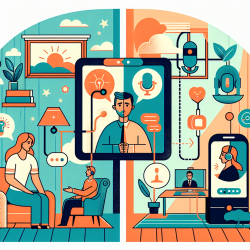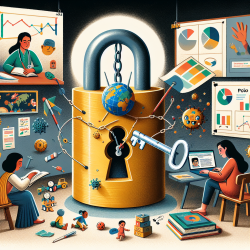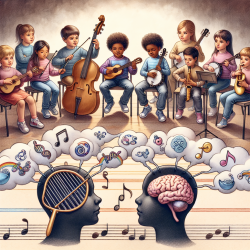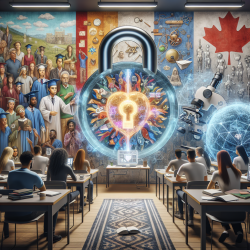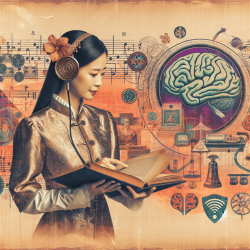Friendships play a pivotal role in the lives of adolescents. During this critical developmental stage, young people often look to their peers for acceptance, support, and validation. However, not all friendships are created equal. Recent research has shed light on the impact of power dynamics within friendships and how these relationships can influence an adolescent's mental health.
The Role of Friend Dominance
A study titled The Power Dynamics of Friendship: Between- and Within- Person Associations among Friend Dominance, Self-Esteem, and Adolescent Internalizing Symptoms explores how perceived dominance within friendships affects adolescents' mental health. The research highlights that adolescents who perceive their friends as more dominant report higher levels of depressive and anxiety symptoms.
This finding is significant because it challenges the traditional view that friendships are inherently egalitarian. Instead, it suggests that power imbalances can exist even in close peer relationships, potentially leading to negative psychological outcomes.
Self-Esteem as a Mediator
The study also examines self-esteem as a potential mediator between friend dominance and internalizing symptoms. It found that when adolescents perceived an increase in their friends' dominating behaviors, they experienced a decrease in self-esteem. This reduction in self-esteem was linked to an increase in depressive and anxiety symptoms.
This insight is crucial for practitioners working with adolescents. It underscores the importance of fostering environments where young people can develop healthy self-esteem and learn to navigate power dynamics within their friendships.
Practical Implications for Educators and Therapists
As educators and therapists, understanding these dynamics can help us support adolescents more effectively. Here are some strategies to consider:
- Encourage Open Communication: Create safe spaces where students feel comfortable discussing their friendship experiences. Encourage them to express their feelings about power dynamics and how these affect their self-esteem.
- Teach Conflict Resolution Skills: Equip students with tools to address power imbalances in friendships. Role-playing scenarios can help them practice asserting themselves and negotiating equitable relationships.
- Promote Positive Self-Esteem: Implement programs that focus on building self-worth independent of peer approval. Activities that highlight individual strengths and achievements can bolster self-esteem.
- Monitor Changes Over Time: Pay attention to fluctuations in students' perceptions of their friendships. Regular check-ins can help identify shifts in dynamics that may require intervention.
By incorporating these strategies into our work with adolescents, we can help them build healthier friendships and improve their overall mental health.
The Need for Further Research
This study opens the door for further exploration into the complexities of adolescent friendships. Future research could delve into how these dynamics differ across various contexts or how they might influence other aspects of development.
If you're interested in learning more about this topic or conducting your own research, consider exploring additional literature on peer relationships and adolescent development. Understanding these intricate dynamics will enhance your ability to support young people during this formative stage of life.
To read the original research paper, please follow this link: The Power Dynamics of Friendship: Between- and Within- Person Associations among Friend Dominance, Self-Esteem, and Adolescent Internalizing Symptoms.




